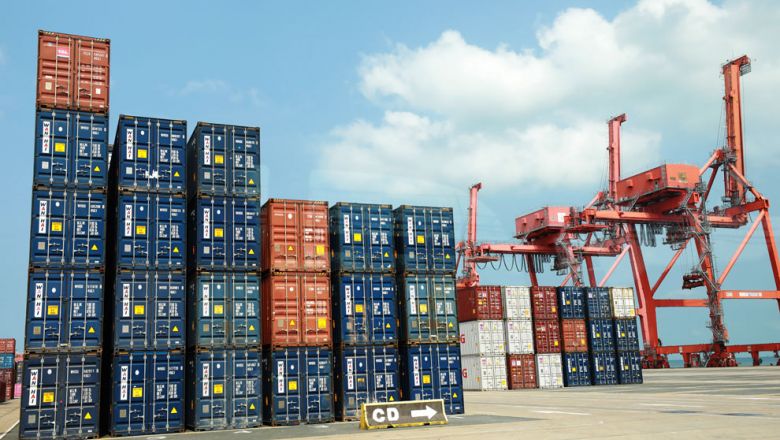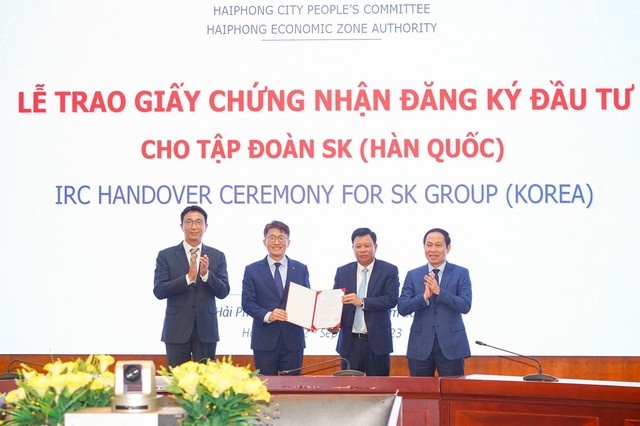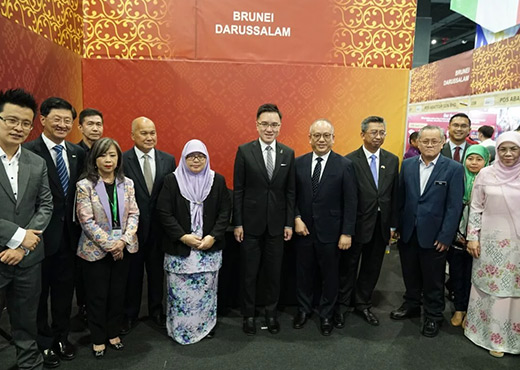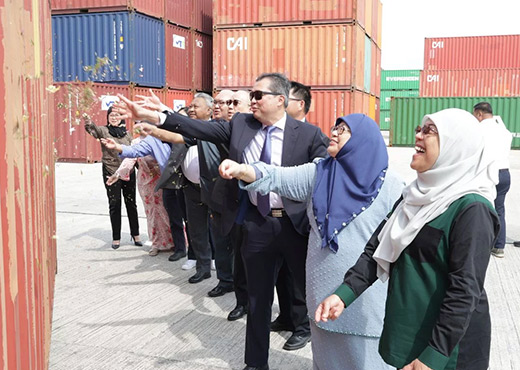Cambodians visiting Vietnam will soon be able to use KHQR for payments there as the central banks of the two countries are expected to sign an agreement this year facilitating cross-border digital payments.
The proposed agreement with Vietnam follows the launch of a similar arrangement with Thailand in June and Laos in August this year, said Kimty Kormoly, the Director General of Central Banking, National Bank of Cambodia, while making a presentation at the Asean-Cambodia Business Summit, organised by the European Chamber of Commerce in Cambodia (EuroCham), recently.
According to Kormoly, NBC is also planning to establish cross-border digital payment corridors with more countries such as China, India, Japan and Malaysia in the near future. He said promoting digital payment is a top priority for the government and NBC as it has been found to help the social and economic development of the country, besides facilitating remittances from migrant workers. It can also boost the use of riel and help with the de-dollarisation efforts of the country.
“Technology is driving digital payments and makes it easier as well. Healthy competition among the Cambodian banks has also led to speedier adoption of digital technologies,” the senior NBC official pointed out.
The digital payment initiative can also help increase financial inclusion in Cambodia. A sizeable section of the Cambodian population is still underbanked with no access to banking facilities.
In one year since its official rollout in 2022, KHQR, the universal quick response (QR) platform of the country for digital payments, has recorded nearly 400,000 transactions.
As of April 2023, the number of transactions using the KHQR Code in riel reached 169,195 involving an amount of 97 billion riel while the 216,069 transactions in the US dollar accounted for $38 million, the half-yearly report of the central bank revealed.
For full article, please click here
Author: Manoj Mathew
News: Khmer Times
























